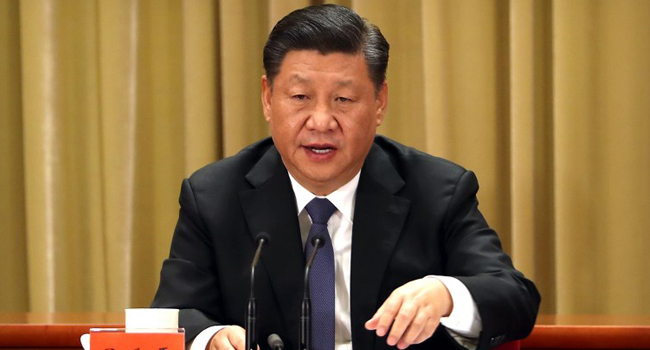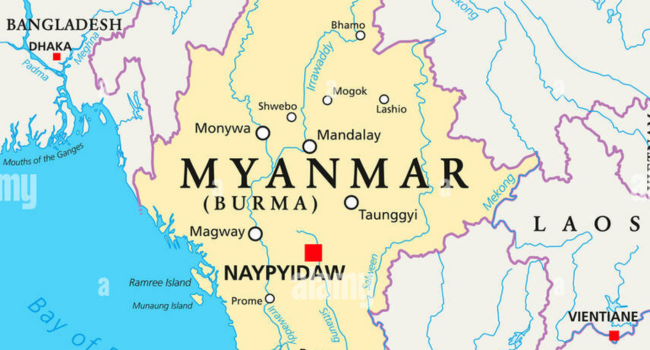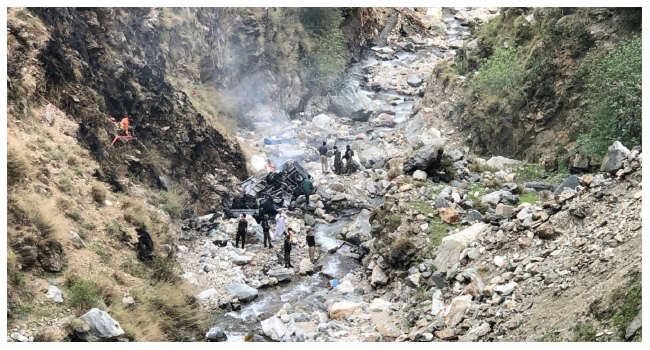
Venezuela’s self-proclaimed president Juan Guaido has promised China he will honour bilateral agreements and said he was ready to start a dialogue with Beijing “as soon as possible”.
Guaido’s comments to the South China Morning Post, published Saturday, appear aimed at laying to rest questions over whether his political challenge to President Nicolas Maduro would disrupt ties with Venezuela’s main creditor.
Maduro visited China in September, striking energy and gold mining deals as he sought Beijing’s support for his crisis-hit nation.
“China’s support will be very important in boosting our country’s economy and future development,” Guaido, the 35-year-old opposition leader, said in the email interview with the newspaper.
“Given its competitiveness and market, China is a fundamental global player with whom we would like to re-launch our relationship based on mutual respect and cooperation.”
“We are ready to begin a constructive relationship and dialogue with China as soon as possible.”
Guaido proclaimed himself acting president last week amid protests in Caracas.
While many countries, including the US and Brazil, have backed Guaido, China has so far declined to pick sides, stressing its longtime position against “interfering” in the domestic affairs of other nations.
The political upheaval has exacerbated the general disarray in Venezuela, which has the world’s largest proven oil reserves but has suffered an economic meltdown marked by hyperinflation and shortages of basic necessities.
Millions have been left in poverty, while 2.3 million more have fled the country, unleashing a migration crisis in South America.
Although Maduro has control of virtually all of Venezuela’s political institutions and enjoys the support of the military, many blame him for the country’s economic woes.
The 56-year-old was re-elected last May in voting boycotted by the majority of the opposition and dismissed as fraudulent by the United States, European Union and Organization of American States (OAS).
China has extended more than $60 billion in credit to the South American country over the last decade, but Venezuela still owes Beijing about $20 billion and has been repaying the debt with oil shipments.
At a press briefing in Beijing on Friday, China’s foreign ministry said that it was “willing to meet all parties halfway”.
China and Venezuela have been “pragmatically cooperating for a long time,” said foreign ministry spokesman Geng Shuang.
“No matter how the situation changes, none of this will be damaged at all.”



